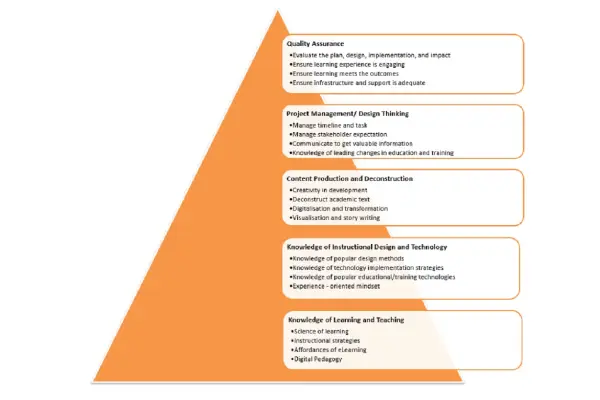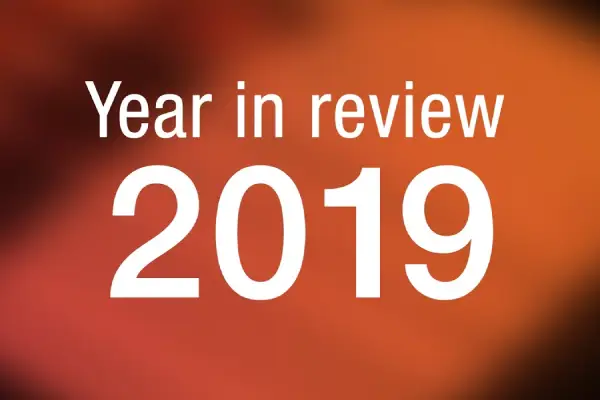One of the underlying fundamentals of our entire education system is that those who teach are trained as professional educators.
For example, in early childhood education there are both diploma trained and bachelor trained teachers to ensure that preschoolers start their education journey in a quality teaching environment.
In primary education only qualified teachers are allowed in the classroom. Same for secondary education (high schools).
In vocational education and training (VET) every trainer/assessor must hold at least the Certificate IV in Training and Assessment in order to meet VET teaching requirements enshrined in the RTO Standards.
With all this in mind, one of the enduring mysteries for me over my past 25 years as a higher education practitioner, is why there is seemingly no imperative for higher education teaching staff to be professionally developed as educators? Or, if there is one, why is it not enforced?
The Higher Education Standards Framework is clear that those who teach in higher education must meet three key requirements:
- HAVE EXPERTISE IN THEIR DISCIPLINE – have a qualification in a relevant discipline at least one level higher than is awarded for the course they are delivering, or equivalent relevant academic or professional or practice-based experience and expertise.
- HAVE THE ABILITY TO TEACH – have skills in contemporary teaching, learning and assessment principles relevant to the discipline they teach, their role, modes of delivery and the needs of particular student cohorts.
- UNDERTAKE ONGOING SCHOLARSHIP – have knowledge of contemporary developments in the discipline or field, which is informed by continuing scholarship or research or advances in practice.
While there is currently an ad hoc approach for higher education academics to undertake some sort of teaching qualification, I believe a more consistent approach to requiring higher education academic staff to undertake some level of teaching qualification is not only required, but wouldn’t be a bad thing.
I believe that there is an outstanding opportunity for independent higher education providers to stand out from the rest by professionally developing their staff to be effective higher education practitioners. HELI offers a Graduate Certificate in Higher Education Academic Practice that may assist you and your staff to achieve this goal.










